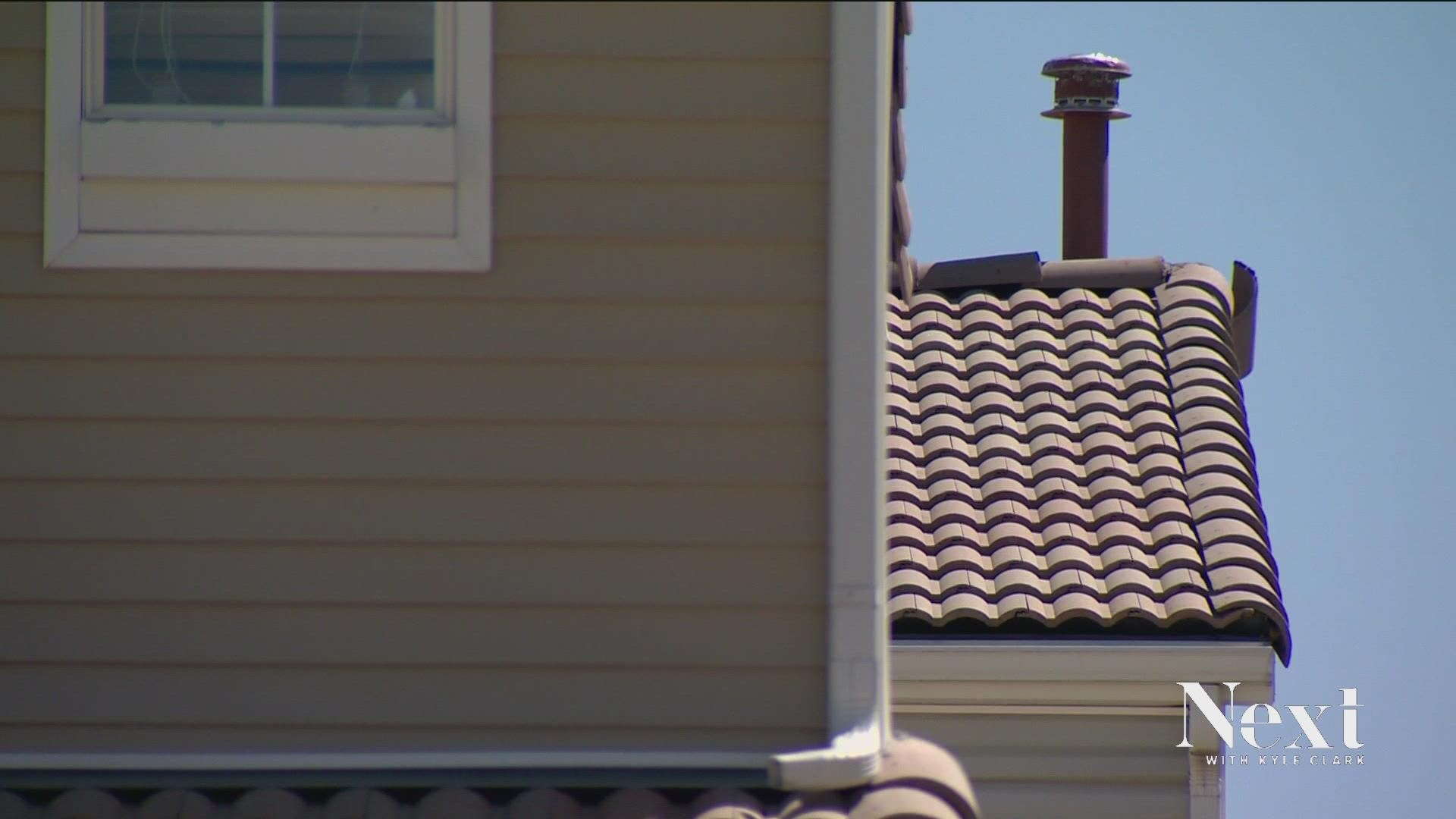COLORADO, USA — A little more than one in 10 of you have already returned your mail ballot. That's about 14%.
October 31 was the recommended date to mail it back and know that it would be received by your county clerk in time. If you haven't mailed it yet, take it to a drop box.
Since most of you still have not returned your ballots yet, it's time to review another statewide ballot issue.
Proposition 123 is about funding affordable housing.
PROPOSITION 123
A YES vote would take a portion of the state's income tax and use that money for new affordable housing programs.
A NO vote makes no changes to how state lawmakers have to spend money.
Proposition 123 creates a new fund for affordable housing programs using 0.1% of the state's taxable income.
That's estimated to be about $290 million a year.
That money would be spent in several buckets:
- Money for local governments and nonprofits to buy land for affordable housing.
- Money for new low-and-middle income rental units --including some where renters can share in the equity of the unit.
- Down payment assistance for first-time homebuyers
- Assistance for those experiencing homelessness, like rent help and eviction defense.
- Grants to local governments for their planning departments work on housing projects.
For a local government to qualify for any of this money, the city or county needs to commit to increasing affordable housing by 3% each year and have a fast-track approval process for affordable housing projects.
If those local governments fail to meet those requirements, they would be temporarily ineligible from applying for any of the money.
Proposition 123 would not count against TABOR, so the state would be allowed to keep $290 million more than it would otherwise be allowed.
In TABOR refund years, like next year, the state estimates it would be 43 fewer refunded dollars per taxpayer.
The year after, 86 fewer refunded dollars.
In years where there is not a TABOR refund, and there may not be enough revenue for everything the state has to pay for, state lawmakers could choose to reduce some of the affordable housing funds to provide money elsewhere in the budget, like health care, education, human services, corrections and courts.
SUGGESTED VIDEOS: Elections 2022

